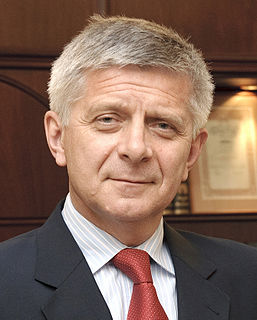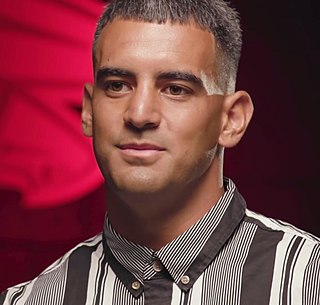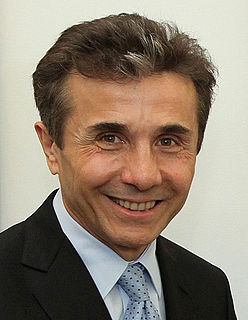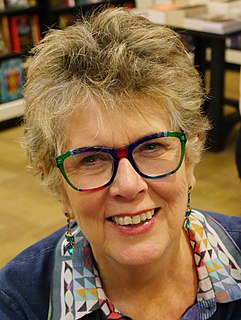A Quote by Marek Belka
As far as the international issues are concerned, the most important thing is the state of the transatlantic relationships, Euro-Atlantic relationships: how to develop them and how to strengthen them further.
Related Quotes
As you develop relationships in your team you have to learn how your teammates react to being yelled at or how to put your arm around them and show them how to do things. You have to build those relationships up and understand who that person is and how they respond and choose your way to lead them to hopefully help everyone out.
Of course there are collaborations. But in official meetings with Western diplomats from the US and the European Union, the major issues of our relationships are simply not discussed. The topics are on climate change or any other issues they want us to agree with them on. But they never discuss how we could develop an equal relationship. They should stop using pompous orchestrated summits and begin a serious dialogue with small meetings.
Women's childhood relationships with their fathers are important to them all their lives. Regardless of age or status, women who seem clearest about their goals and most satisfied with their lives and personal and family relationships usually remember that their fathers enjoyed them and were actively interested in their development.
Perhaps the most reliable route to meaning and joy, to plunging below the surface and seeking more than the superficiality of material ambition, is connection with people, places, ideas and issues. Of these, the most important are people and relationships. And the most reliable route to relationships is conversation.





































